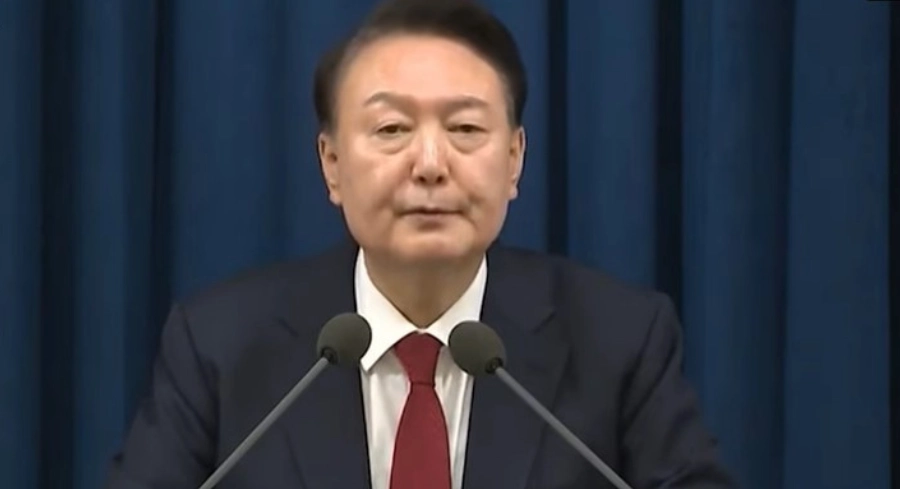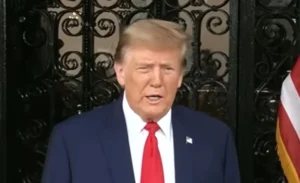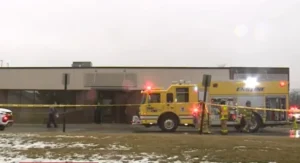Why did South Korea president declare emergency martial law?
By TOI Desk Report
December 3, 2024
Update on : December 4, 2024

South Korean President on December 3 declared martial law, describing it as a necessary measure to eliminate “shameless pro-North anti-state forces.
In an unannounced late-night TV address, he also accused the country’s main opposition party of sympathizing with North Korea and of anti-state activities.
Earlier, in 1980, a South Korean president declared martial law during a nationwide uprising, which was led by students and labour unions.
Tuesday’s surprise announcement, Yoon Suk Yeol mentioned a motion by the opposition Democratic Party to impeach top prosecutors and reject a government budget proposal as the party has a majority in parliament.
The president categorized the opposition’s actions as “clear anti-state behaviour” aimed at inciting rebellion, and these acts have “paralyzed state affairs.
Besides, this situation turned the National Assembly into a den of criminals.”
The president also vindicated the decision as necessary to keep the freedoms and safety of the people.
The decision also came to ensure the country’s sustainability, he said.
The president said the country will abolish the anti-state forces and reinstate the country to normality as rapidly as possible.
He said it is a great sorrow that martial law might cause some inconvenience for people. “We promise, efforts will be made to minimize its impact on the public.”
Yonhap said the government can arrest those who violate the decree or raid without any need for a warrant.
As lawmakers scrambled to block the introduction of martial law, they appeared to clash with authorities outside the National Assembly members’ building in Seoul shortly after the president’s speech.
According to television footage, troops were seen attempting to enter the main hall of the National Assembly.
Democratic Party’s leader Lee Jae-myung had previously ordered his lawmakers to the National Assembly.
Soon after, the lawmakers voted to block the martial law decree.
Under South Korean law, the president must comply with the vote, although it was not immediately clear what effect it would have.
















